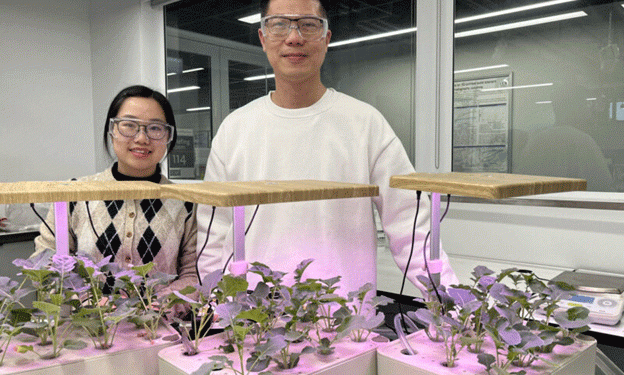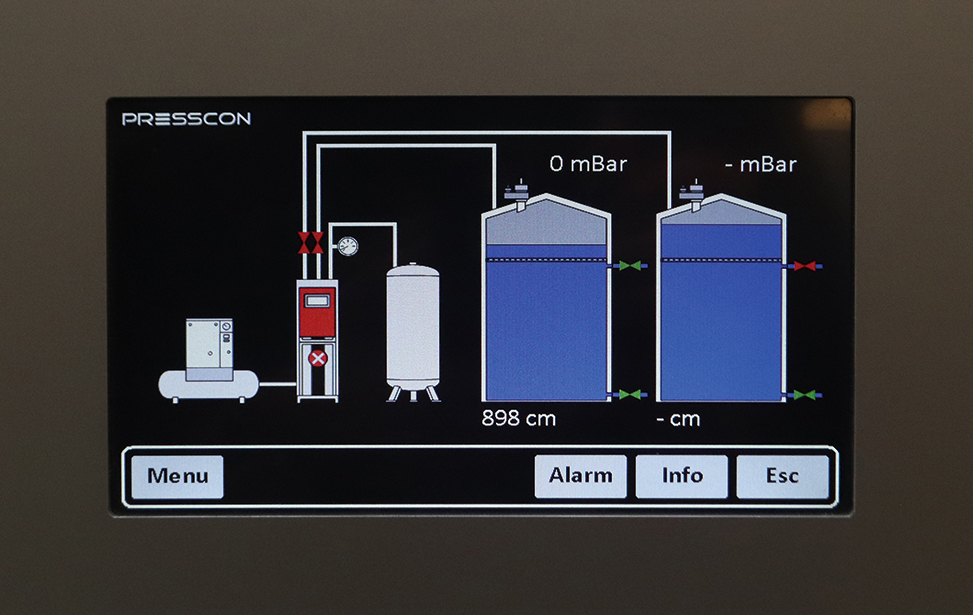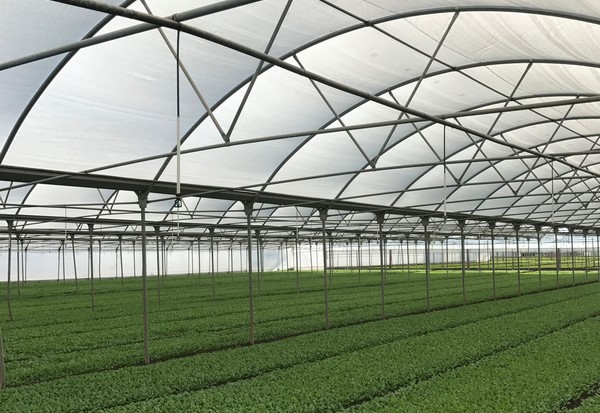Hydroponic farming is rapidly becoming a crucial solution for food production, especially in regions where climate change is causing unpredictable weather patterns and water scarcity. By allowing plants to grow in nutrient-rich water instead of soil, hydroponics enables efficient cultivation in controlled environments, safe from pests, diseases, and climate-related risks. However, one of the key challenges in hydroponic farming is maintaining ultra-clean water, free from harmful contaminants that could accumulate in the plants and threaten food safety.
To address this issue, a research team led by Professor Alex Yip from the University of Canterbury has developed a cutting-edge photoelectrochemical water treatment device. The device, which purifies water efficiently and cost-effectively, is poised to be a game-changer for hydroponics, particularly in regions where clean water is scarce. Yip and his team have received funding from New Zealand’s Ministry of Business, Innovation, and Employment to further this promising technology, with the aim of creating a resilient and sustainable food supply.
The unique feature of this device lies in its dual power source, which utilizes solar energy during the day to drive chemical reactions that eliminate pollutants from water. When sunlight is unavailable, the system seamlessly switches to electrical power, ensuring 24/7 functionality. This adaptability makes the purifier robust and efficient, as it can operate in varying environmental conditions. Importantly, the device targets emerging micropollutants such as pesticides, endocrine-disrupting chemicals, and other long-lasting contaminants, which are particularly problematic in closed-loop hydroponic systems where water is recirculated.
Professor Yip explains the significance of this development: “Hydroponics is increasingly critical because it can be done in urban areas, protected from climate-related risks. However, maintaining clean water is essential, especially in systems where water is reused. Pollutants, even in small amounts, can accumulate in plants, threatening both crop health and food safety.”
The ability to purify water at a low cost is particularly relevant for developing nations, where water quality may be compromised by pollutants. The affordability and efficiency of the device mean that hydroponic farming can be more accessible, allowing even small-scale farmers to benefit from this advanced technology.
Hydroponics already plays a vital role in reducing the carbon footprint associated with food production. Urban hydroponic farms can be set up in city centers, reducing the need for long-distance transportation of produce, which in turn lowers carbon emissions and cuts down on ‘food miles.’ Moreover, the controlled environment in hydroponic systems allows year-round production of high-value crops, regardless of seasonality, making it possible to meet consumer demand for fresh produce even in off-seasons.
With successful tests in the laboratory, Yip’s team is now moving forward with real-world trials, bringing this technology closer to practical application. They are optimistic that once the device is scaled up, it will be adopted globally, particularly in countries where clean water is not guaranteed. The project is also exploring the possibility of adapting the device for use in individual households, either as a replacement for or a supplement to conventional water filters.
The potential impact of this innovation is vast. By providing hydroponic farmers with an affordable way to ensure clean water, the device could make hydroponic farming more accessible and sustainable across different scales of operation. This would be especially transformative in regions where traditional agriculture faces limitations due to water scarcity, soil degradation, or climate change.
In the long term, the combination of hydroponics and advanced water purification technologies could lead to a more sustainable and decentralized food production system. It could help decarbonize the food chain by reducing transportation needs, allow year-round cultivation of fresh produce, and create resilient urban farming systems.
The photoelectrochemical water purifier developed by the University of Canterbury represents a major advancement in hydroponic farming technology. By offering a low-cost, energy-efficient solution to water purification, it addresses one of the biggest challenges in sustainable food production. As it undergoes further testing and development, this device has the potential to revolutionize hydroponic farming worldwide, promoting food security in water-scarce regions and contributing to the decarbonization of the food supply chain.












